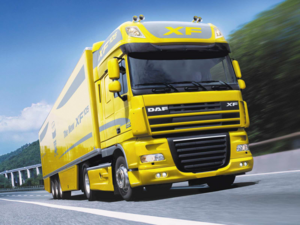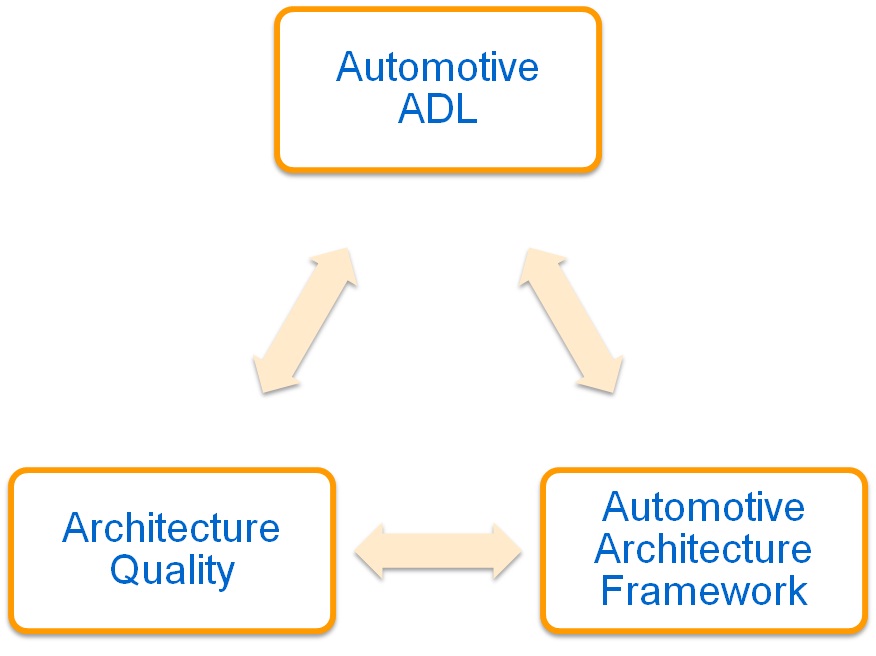HIT project
Introduction
 The Hybrid Innovations for Trucks (HIT) is an ongoing multi-disciplinary project with the objectives of CO2 emission reduction and fuel saving for long-haul vehicles. Due to the emission legislations (e.g. Euro VI) automotive companies are required to develop new technologies to decrease the hazardous emissions. According to the Euro VI norm commercial trucks and buses as of January 2013 are required to reduce emissions of nitrogen oxides. Environment friendliness as well as stringent requirements on fuel economy necessitate automotive companies to develop new technologies. TU/e PhD researchers Vital van Reevan and Thinh Pham are working on the development of integrated powertrain control software to achieve above mentioned goals. The fact that energy management, functionality so crucial for the modern trucks, is delegated to software is indicative of the immanence of software in the automotive world. In this work package of the HIT project, we focus on identifying appropriate ways of developing automotive software, in general, and energy manager, in particular.
The Hybrid Innovations for Trucks (HIT) is an ongoing multi-disciplinary project with the objectives of CO2 emission reduction and fuel saving for long-haul vehicles. Due to the emission legislations (e.g. Euro VI) automotive companies are required to develop new technologies to decrease the hazardous emissions. According to the Euro VI norm commercial trucks and buses as of January 2013 are required to reduce emissions of nitrogen oxides. Environment friendliness as well as stringent requirements on fuel economy necessitate automotive companies to develop new technologies. TU/e PhD researchers Vital van Reevan and Thinh Pham are working on the development of integrated powertrain control software to achieve above mentioned goals. The fact that energy management, functionality so crucial for the modern trucks, is delegated to software is indicative of the immanence of software in the automotive world. In this work package of the HIT project, we focus on identifying appropriate ways of developing automotive software, in general, and energy manager, in particular.
Duration:
The project has started in October 2010 and it is going to end in 2014.
Funding:
This research project is financially supported by the Dutch automotive research program HTAS (High Tech Automotive Systems).
Architecture research
Automotive software engineering has become one of the most fascinating fields for software researchers and practitioners. Over the last thirty years the number of software and electronics systems are increasing exponentially in the modern vehicles. As the complexity and cost of automotive software development increases, automotive system/software architecture and its quality become one of the key concerns.

- We evaluated automotive ADLs and carried out industrial case studies on modeling different automotive architectural views. The detail on the evaluation and case study can be found here.
- We have defined an automotive architectural quality model based on the ISO/IEEE/IEC 25010 standard and currently evaluating the model in the industrial setting. A study on modularity attribute is reported here.
- We have defined the Architectural Framework for Automotive Systems (AFAS) based on automotive ADLs and automotive requirements. Currently the framework definition is being evaluated by the Vitruvius approach..
Links
HIT researchers:
- Vital van Reeven, Control Systems Technology, Department of Mechanical Engineering, TU/e
- Thinh Pham, Control Systems, Department of Electrical Engineering, TU/e
- Emilia Silvas, Control Systems Technology, Department of Mechanical Engineering, TU/e
- Yanja Dajsuren, Model-Driven Software Engineering, Department of Mathematics and Computer Science, TU/e
